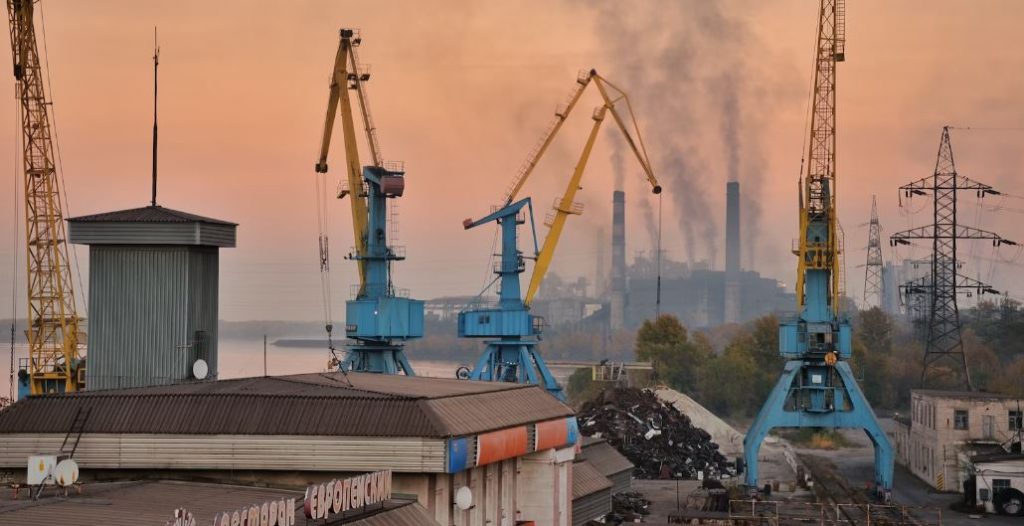Chemical plants are complex industrial facilities that produce a wide range of chemical products. These plants are responsible for providing raw materials for various industries such as pharmaceuticals, agriculture, and transportation.
Maintenance is crucial in these plants to ensure the safe and efficient operation of equipment and processes. In this article, we will take an inside look at the maintenance strategies employed in chemical plants.
Types of Maintenance Strategies
There are generally four types of maintenance strategies used in chemical plants: reactive, preventive, predictive, and proactive maintenance. Each strategy serves a specific purpose and has its own set of advantages.
Reactive Maintenance
Also known as “run-to-failure” or “breakdown” maintenance, this strategy involves repairing equipment only when it breaks down. This approach is typically used for non-critical equipment and can result in high downtime costs and safety hazards.
Preventive Maintenance
Preventive maintenance involves regularly scheduled inspections, cleaning, and replacement of parts to prevent breakdowns. This strategy helps extend the life of equipment, reduce downtime, and improve safety.
For example, when it comes to pumps, regular lubrication and replacement of worn-out nozzles for high-pressure water jetting can prevent breakdowns and maintain the efficiency of the pump.
Predictive Maintenance
Predictive maintenance utilizes data analysis and condition monitoring to predict when equipment is likely to fail. This allows for proactive repairs or replacements to be made before a breakdown occurs, reducing downtime and costs.
Proactive Maintenance
Proactive maintenance is a comprehensive approach that combines preventive and predictive strategies. It involves regular inspections, condition monitoring, and continuous improvement to optimize equipment performance.
If a potential issue is identified through predictive maintenance, proactive maintenance allows for corrective action to be taken before it leads to equipment failure.
Importance of Maintenance in Chemical Plants
The main goal of maintenance in chemical plants is to ensure the safety and reliability of plant operations. Failure to properly maintain equipment and processes can result in accidents, environmental hazards, production delays, and financial losses.
In addition to safety and reliability, maintenance also plays a crucial role in ensuring efficiency and cost-effectiveness. Properly maintained equipment operates at optimal levels, reducing energy consumption and production costs.
Furthermore, maintenance can also have a positive impact on sustainability efforts. Well-maintained equipment uses resources more efficiently, resulting in reduced waste and emissions.
Challenges Faced in Maintenance
Despite the importance of maintenance in chemical plants, several challenges make it a complex task. Some of these challenges include:
- Harsh operating conditions: Chemical plants often operate under extreme temperatures, pressures, and corrosive environments, which can make maintenance tasks difficult.
- Aging equipment: Many chemical plants have old equipment that requires specialized knowledge and skills for maintenance.
- Tight schedules: Chemical plants often have tight production schedules, leaving little time for maintenance activities.
- Cost constraints: Maintenance can be a costly endeavor, and budget limitations may limit the resources available for proper maintenance.
Emerging Trends in Maintenance
As technology continues to advance, chemical plants are also adopting new maintenance strategies and technologies. Some of the emerging trends in maintenance include:
- Predictive analytics: The use of data analysis and real-time monitoring to predict equipment failures and optimize maintenance schedules.
- Internet of Things (IoT): IoT devices can be integrated into equipment to gather data and allow for remote monitoring and control, reducing the need for manual inspections.
- Augmented reality (AR): AR technology can provide maintenance technicians with real-time information on equipment, allowing for faster and more accurate repairs.
- Robotics: Robots can be used for routine maintenance tasks, reducing human exposure to hazardous environments and freeing up time for other maintenance activities.
Conclusion
Maintenance is an essential aspect of chemical plant operations. By implementing the right strategies and utilizing emerging technologies, chemical plants can ensure safe, reliable, and efficient production processes. As the industry continues to evolve, maintenance practices will also continue to evolve to meet the challenges of maintaining complex chemical plants. So, chemical plant operators and maintenance teams must stay updated on the latest trends and best practices to achieve optimal performance and sustainability.




